How To Overcome Clinical Disparities in Women with Chronic Kidney Disease (CKD)
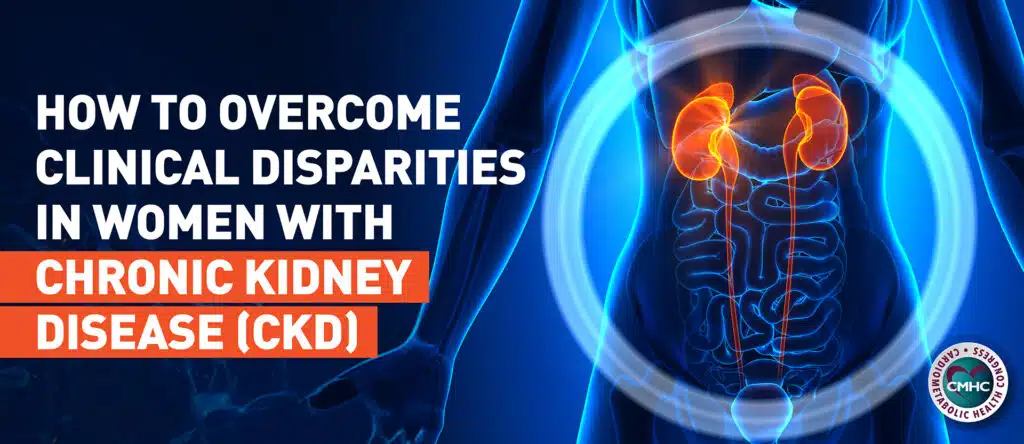
Cardiovascular Mortality Risk Triples in T2D Patients with CKD Patients with type 2 diabetes (T2D) and chronic kidney disease (CKD) face heightened risks of cardiovascular and renal morbidity and mortality. Diabetic kidney disease (DKD) is the leading cause of dialysis-dependent chronic kidney disease and end-stage renal disease (ESRD) in the US and most countries. According to the […]
Cardiometabolic Health Congress (CMHC) Launches Focused Digital Education Hubs
Cardiometabolic health education leader CMHC announced that its digital education has been streamlined into 12 hubs organized by therapeutic or clinical topics for focused learning The digital education from worldwide cardiometabolic event leader CMHC has undergone a reorganization. A vast collection of webinars, CME activities, expert interviews, on-demand event recordings, news articles, drug pipelines, and […]
Carcinogens Found in Common Blood Pressure Medications
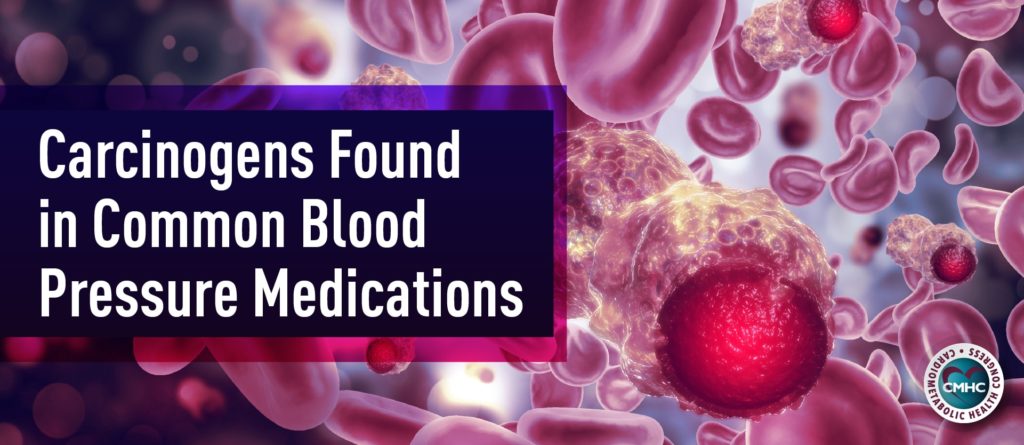
The chemical N-Nitrosodimethylamine, also referred to as NDMA, is a noxious, odorless compound that dissolves in water. It has been found to cause cancer in animals and potentially even humans, most commonly having detrimental effects on the liver. NDMA can mutate cells and stimulate tumor growth in mice at the very low dose of only […]
Endocrine-Metabolic Consequences of Chronic Maternal Hypertension
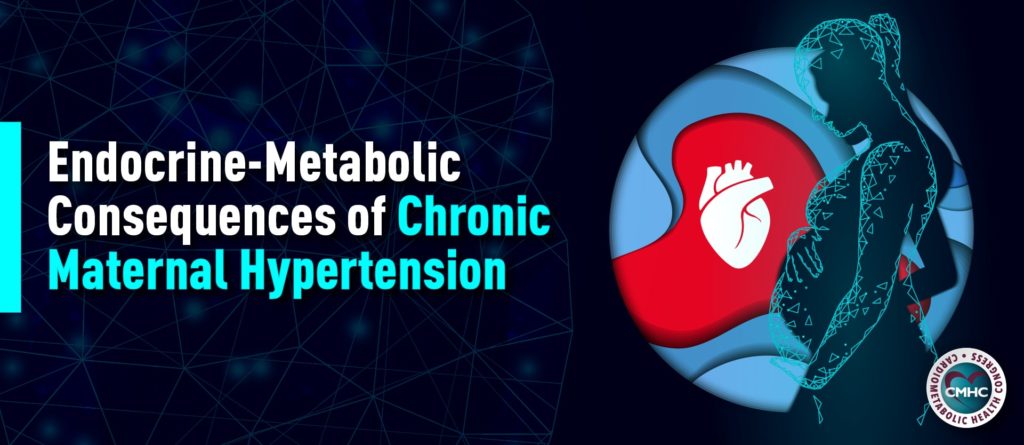
Maternal hypertension and hypertensive disorders during pregnancy have been proven to significantly increase the risk of perinatal health complications in both mothers and their offspring. Conditions such as chronic hypertension, gestational hypertension, preeclampsia, and eclampsia are common and complicate between 5 and 10% of pregnancies, leading to maternal mortality, stillbirth, and preterm birth as well […]
Racial Inequities in Hypertension Treatment Intensification
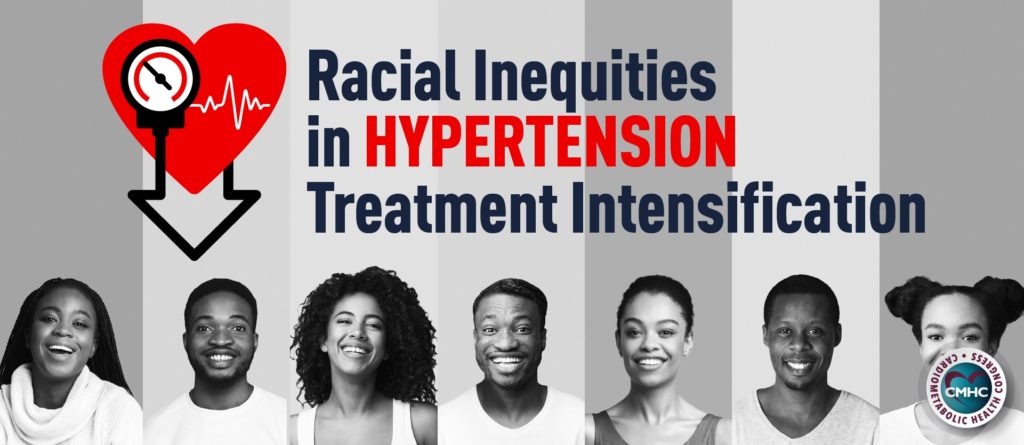
Despite experiencing an increased risk for hypertension, Black patients often constitute a small proportion of clinical trial participants leading to a lack of data supporting evidence-based treatment decisions in this demographic. Until the Antihypertensive and Lipid-lowering Treatment to Prevent Heart Attack Trial, in which more than a third of participants were black, there was limited […]
Dairy Intake Linked to Decreased Diabetes, Hypertension Risk
Characterized by elevated blood pressure, abdominal obesity, elevated triglycerides, low high density lipoprotein cholesterol, and elevated blood glucose, metabolic syndrome (MetS) has been associated with an increased risk of cardiometabolic diseases. Researchers continue to evaluate the role of nutritional behaviors in the development of these conditions, including cardiovascular disease and type 2 diabetes. In particular, […]
Black History Month: Hypertension in African American Adults
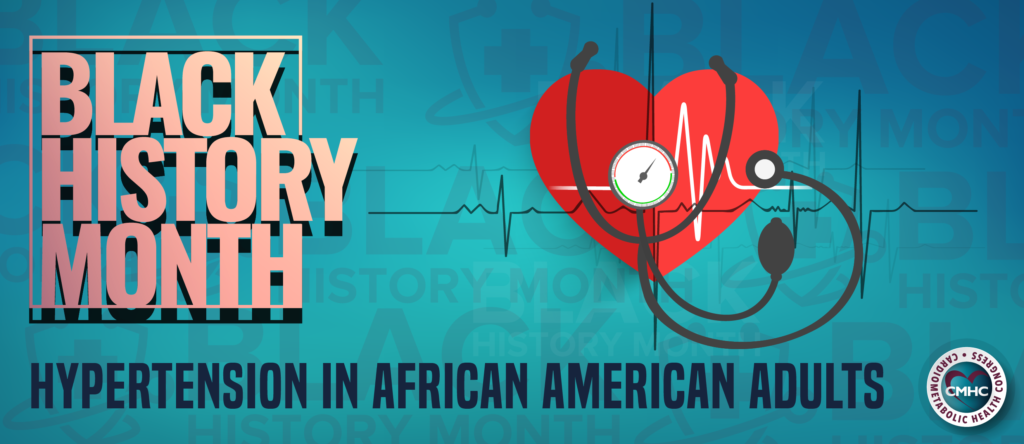
As results of the REGARDS study indicate, African American patients are more likely to be aware of having hypertension, more likely to be undergoing treatment, more likely to be treated more intensively, yet they are less likely to achieve blood pressure control. Current literature suggests these disparities are a combined result of socioeconomic factors, psychological […]
5 Can’t Miss Topics at the 14th Annual CMHC
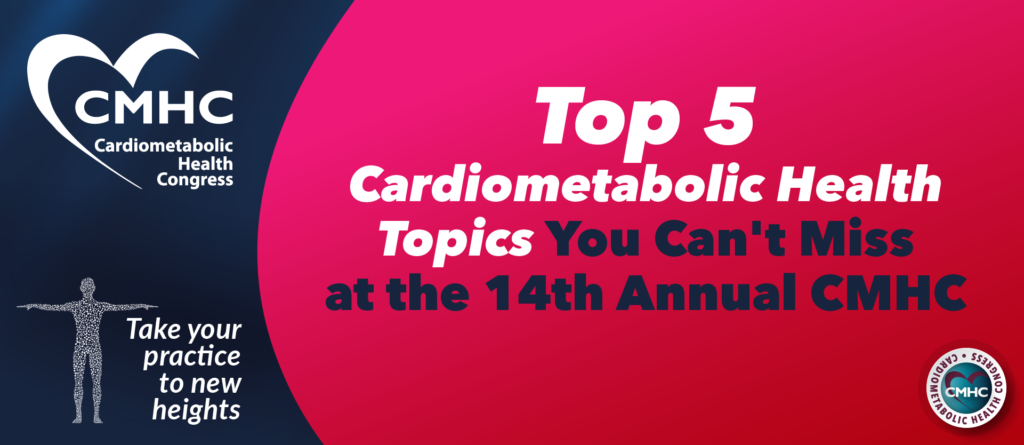
Top 5 Cardiometabolic Health Topics You Can’t Miss at the 14th Annual CMHC Alarmingly, recent statistics indicate that over one-third of the population has at least one cardiometabolic risk factor, ranging from dyslipidemia and hypertension to diabetes and cardiovascular disease. In the time of a cardiometabolic public health crisis, it is more important than ever […]
Optimal Blood Pressure Guidelines for CAD Prevention in T1D Patients
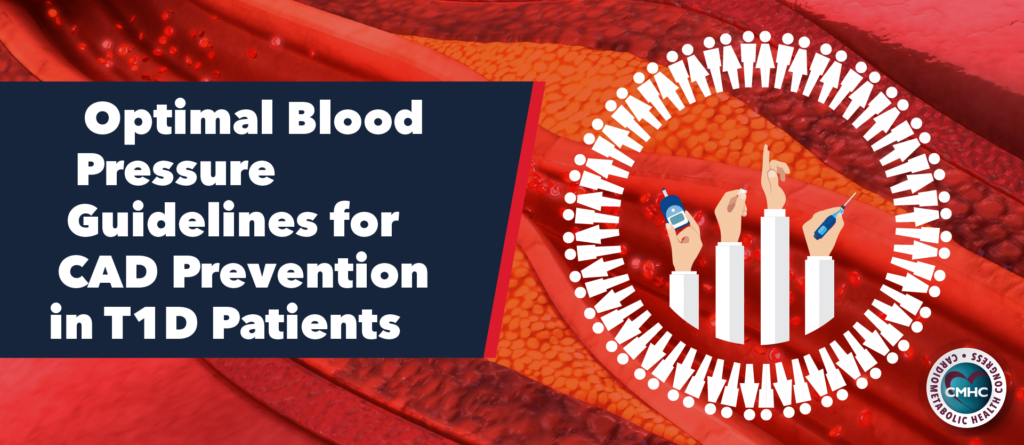
Hypertension is a major risk factor for cardiometabolic disease and is common among the American population with nearly 1 in 3 adults suffering from high blood pressure. The proportion increases in adults with either type 1 or 2 diabetes – 2 out 3 patients report having high blood pressure or taking BP-lowering prescription medications. Current American […]
The Economic Burden of Cardiovascular Disease
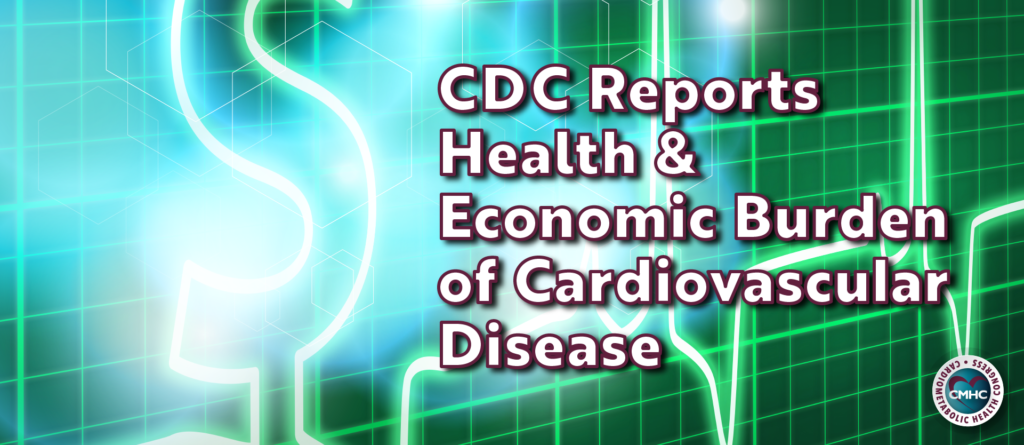
Despite the extensive literature and research that indicates the preventability of cardiovascular disease, it remains a primary and leading cause of not only mortality & morbidity, but also a tremendous health care cost and economic burden. A Vital Signs report recently released by the Centers for Disease Control and Prevention cited that in 2016 alone, […]













